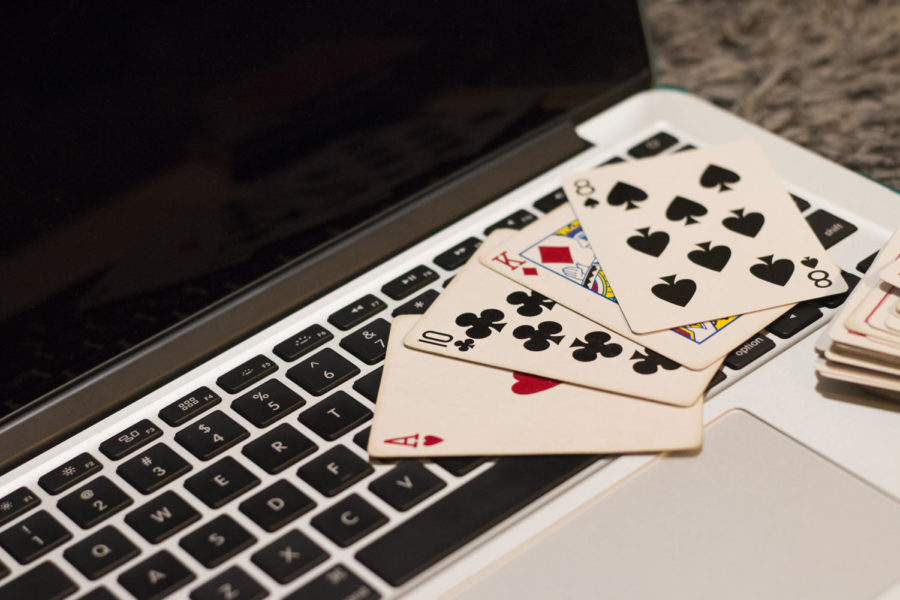Ramey: Can gambling be good?
Columnist Lucas Ramey argues that gambling could teach financial responsibility.
September 27, 2022
There is a serious social stigma around what is a serious problem for many around the country. It costs Americans millions of dollars, if not more, a year. It has been known to tear apart families and ruin people financially.
Yes, I’m talking about gambling, but I’m going to take this in a different direction than most people would expect.
There’s a bit of a catch when it comes to gambling. Everybody does it, and it may not be a bad thing. There is not a single person on earth who hasn’t gambled in some form or another.
This is because virtually all people take significant financial risks with the hope of coming out ahead, and this isn’t always a terrible thing. Of course, addictions are horribly destructive, but maybe gambling (when done cautiously and responsibly) has its advantages.
While this may be an indefensible position, and that’s the fun of writing these articles, I’m writing this because it seems that gambling is prevalent among college students. So, how could I claim that gambling may have the potential to be beneficial to us? Especially college students?
There are a couple of reasons this may be true. One reason has to do with risk assessment and evaluating trade-offs. When you’re gambling, you have to make a decision, is this bet worth it? What is the best chance I have to make money?
When you’re at a casino, for example, no bet you take will be in your favor (otherwise, the casino wouldn’t let you play it). However, there is a very important concept your brain is practicing, maximizing your reward while minimizing your risk.
To an extent, we use this skill in our adult lives. For example, when we go to college, we spend lots of time and money on a degree with the hopes that it will give us a desirable job with good pay.
Are we guaranteed a job out of college with good pay? Of course not, but we are making a bet, a gamble if you will, on ourselves as well as weighing our other options of what we could be doing instead.
Another reason gambling can be beneficial is you instantly feel the pain of a bad risk or decision. People, like me, who have experienced losing hundreds of dollars in just a few minutes know this feeling all too well.
The overconfidence you have in your ability and the fate you will ultimately be humbled and have a feeling of regret is a good thing. Why? It is because we get punished for our bad decisions.
It makes us reflect on our actions, and I will say I would rather make a $500 mistake than a $10,000 mistake. When you take bigger risks in your adult life, such as investing in a stock, buying a house or doing something like starting a business, you need to have a grasp of the severe costs and consequences that come with making reckless decisions.
Gambling has its issues and risks that we all need to be aware of, but it can teach us some valuable life lessons and skills that can be very beneficial to us. I am not by any means endorsing irresponsible gambling, but I am pointing out that losing a few bucks gambling might not be a complete loss.







